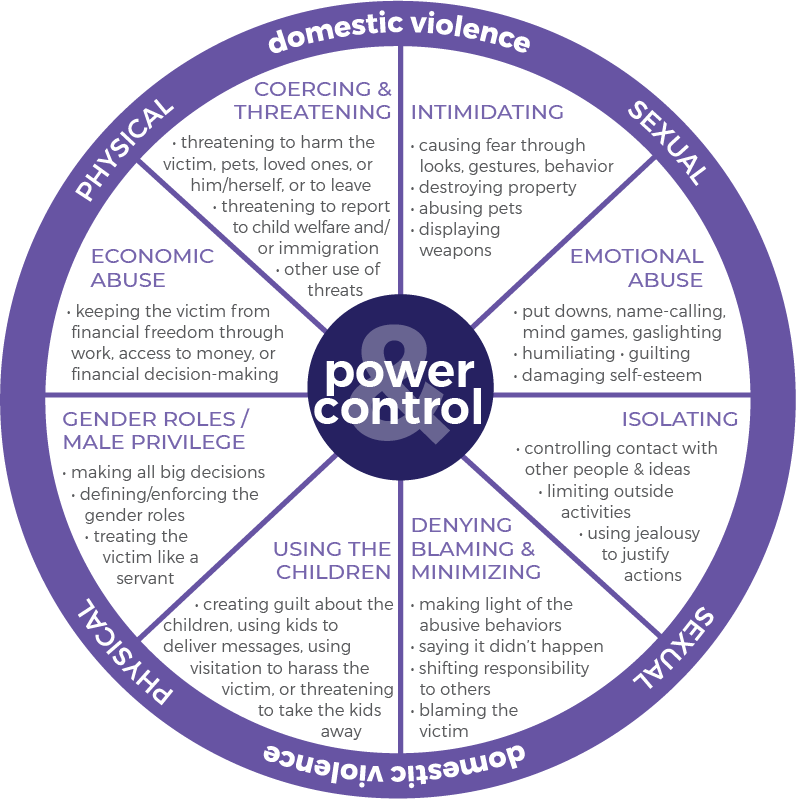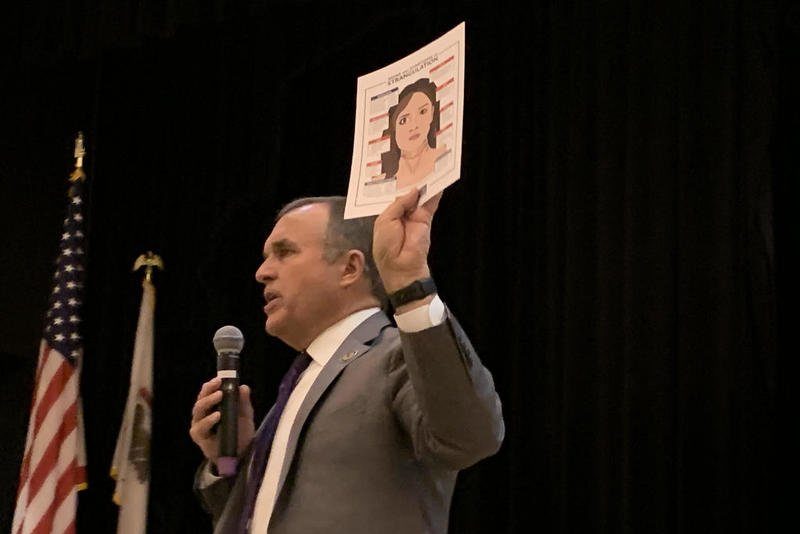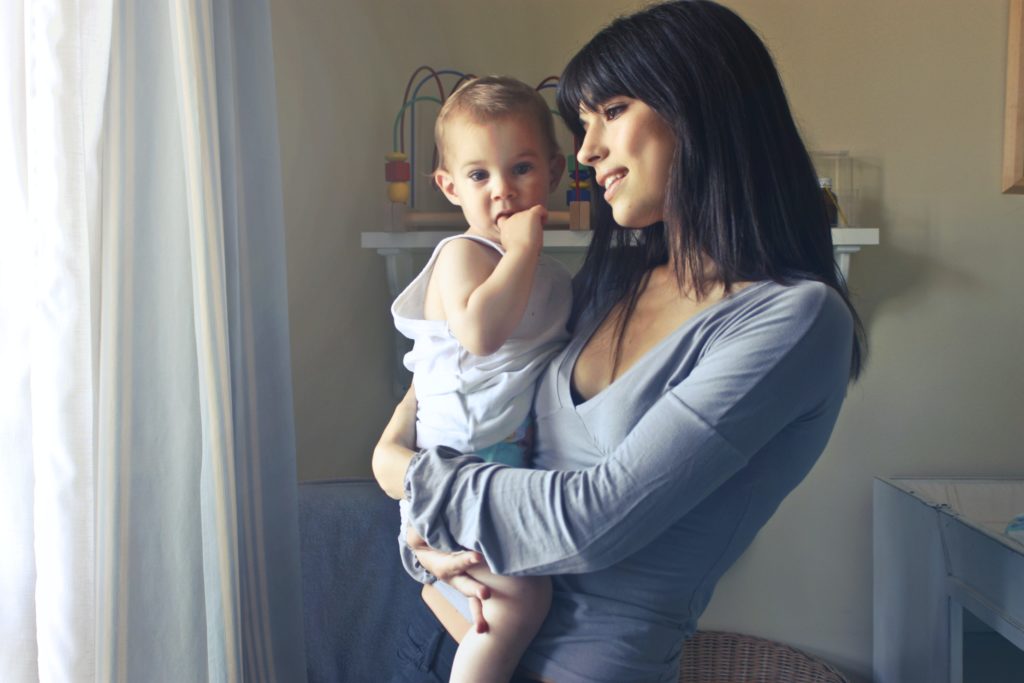Helping Loved Ones
If you are concerned that someone you care about is experiencing abuse, we are here to help you learn more about how to identify abuse and resources available to you. Domestic violence (also known as dating abuse) is a pattern of abusive behavior in any relationship that is used by one partner to gain or maintain power and control over another intimate partner. Domestic violence can be physical, sexual, emotional, economic, or psychological actions or threats of actions that influence another person (DOJ, 2016).
Power & Control Wheel
The Power and Control Wheel is a diagram used to show the abusive tactics an abuser might use to keep their victim in the relationship. The inside of the wheel shows the subtle, continual behaviors, while the outer ring represents physical, visible violence. These abusive acts are more overt, and often they reinforce the regular use of other more subtle methods of abuse.

Warning Signs of Abuse
- They are constantly worried about making their partner angry
- They make excuses for their partner’s behavior
- Their partner is extremely jealous or possessive
- They have unexplained marks or injuries
- They’ve stopped spending time with friends and family
- They are depressed or anxious, or you notice changes in their personality
If someone you care about is being abused, it can be difficult to know what to do. Your instinct may be to “save” them from the relationship, but it’s not that easy. After all, there are many reasons why people stay in abusive relationships and leaving can be a very dangerous time for a victim. Be sure to approach your loved one at a time and place that is safe and confidential. Be prepared for your loved one to react in ways you may not expect. They may be in denial, they may self-blame and feel ashamed, and/or they may be ready to go into graphic detail. Keep in mind when you approach them, that you’ve had time to prepare for this conversation and they have not.
Strangulation
Strangulation is a very serious and potentially lethal form of abuse. Sometimes, it is not taken as seriously as it should be. People might not even be aware that internal injuries have occurred and ignore symptoms directly caused by being strangled. It is important to note that symptoms might not be present initially. If you you know or suspect your loved one has experienced strangulation, please check out this information.
Helping a Loved One in an Abusive Relationship
Abuse is about power and control, so one of the most important ways you can help a person in an abusive relationship is to consider how you might empower them to make their own decisions. You can offer support in the following ways.
Start by believing. Acknowledge they are in a very difficult and scary situation. Be supportive and listen.
A person who has been abused often feels upset, depressed, confused and scared. Reassure them that these feelings are normal, they are not alone, and there is help and support out there. It may be difficult for them to talk about the abuse. Let them know that you are available to help whenever they may need it. What they need most is someone who will believe and listen.
Respect their decision.
Respect your friend or family member’s decisions. There are many reasons why victims stay in abusive relationships. They may leave and return to the relationship many times. Leaving can be the most dangerous time in an abusive relationship. Leaving takes thoughtful planning, requires established support and needs to be done safely, especially when there are children involved. Do not criticize their decisions or try to shame them. They will need your support even more during this time.
If they end the relationship, continue to be supportive of them.
Even though the relationship was abusive, your friend or family member may still feel sad and lonely once it’s over. They will need time to mourn the loss of the relationship and will especially need your support at that time.
Encourage them to participate in activities outside of the relationship with friends and family.
Support is critical and the more they feel supported by people who care for them, the easier it will be for them to take steps necessary to get and stay safe away from their abusive partner. Remember that you can call the hotline to find local support groups and information on staying safe.
Help them develop a safety plan.
People are always welcome to come to Palomar and get a specialized safety plan. Or, they can create a safety plan online.
Encourage them to talk to people who can provide help and guidance.
At Palomar, our partners provide wrap around services, support groups, counseling and advocacy. Encourage them to call us at 405.552.1010 or they can walk in before 4pm and speak with us, M-F 8am-5pm. You and your loved one are not alone. Your loved one can meet with YWCA advocates to develop a safety plan here at Palomar, or call the state SafeLine at 1-800-522-7233.
Remember, it’s their decision.
Although it is difficult to see someone you care about get hurt, ultimately they are the one who has to make the decisions about what they want to do. Self-empowerment may take longer than you want. It’s important for you to support them no matter what they decide. It is so important to let the victim determine the next steps, to make their own decisions and take back the power and control over their own lives.
Let them know you are concerned.
By being supportive and caring, you are doing a lot. Focus on the individual and family while you’re speaking to them, not the abusive partner.
- “I am afraid for your safety”
- “I am afraid for the safety of your children”
- “It will only get worse”
- “I am here for you”
- “You don’t deserve to be abused”
- “It is not your fault”




